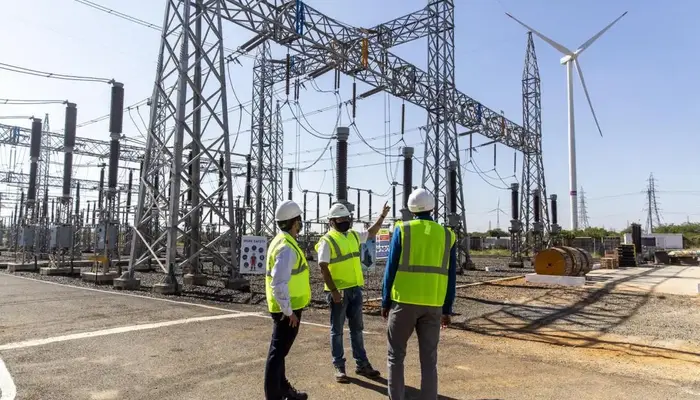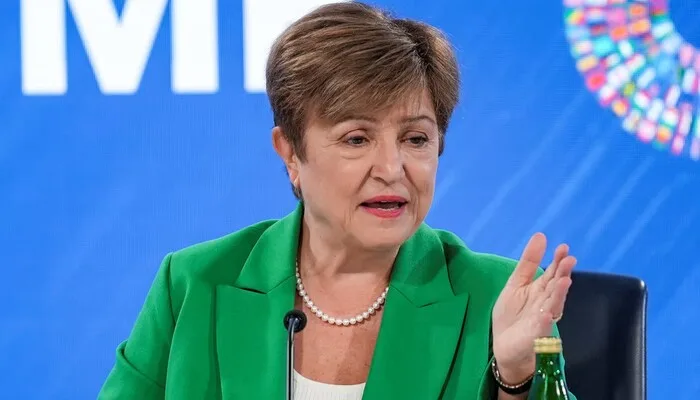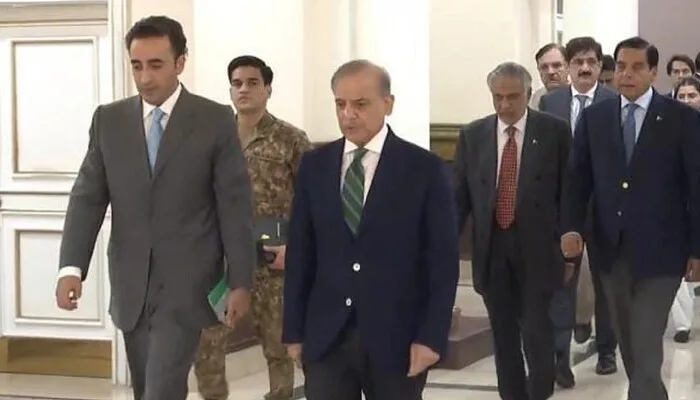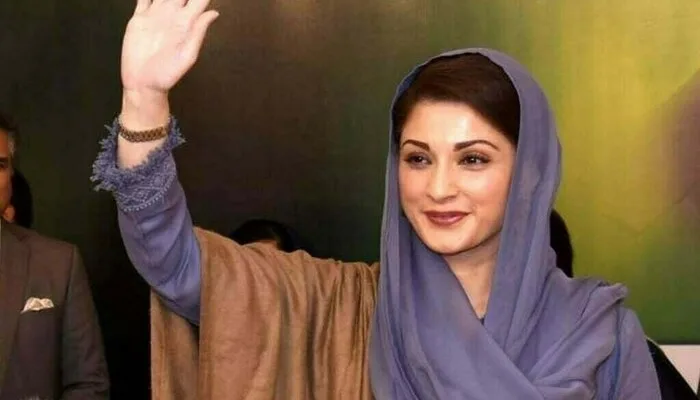
ISLAMABAD: Electricity demand in Pakistan has officially crashed, signaling a significant challenge for the energy sector. This drop will likely outweigh a nominal decline in fuel costs next month, resulting in a substantial increase in quarterly tariff adjustments. This situation arises despite the addition of 21,000 MW of generation capacity over the past six years, a figure equal to the total added since 1947.
The National Electric Power Regulatory Authority (Nepra) held a public hearing on this issue. Chairman Waseem Mukhtar presided over the meeting, joined by provincial members Mathar Niaz Rana, Maqsood Anwar Khan, and Rafique Shaikh.
During the hearing, Nepra approved a Rs352 billion investment plan for the National Transmission and Dispatch Company (NTDC). This three-year plan aims to address critical constraints, particularly between generation centers in southern Pakistan and load centers in the north.
Dr. Fiaz Chaudhry, previously dismissed in 2017 by the PML-N government for raising concerns about a “looming capacity trap,” returned as NTDC chairman and participated as a special invitee. Despite the presence of experts, participants struggled to identify the causes of the crash in energy demand. Their theories included unaffordable energy prices, deindustrialization, poor business conditions, and the impact of gas-based and solar captive power plants. Some even cited the increase in furnace oil-based captive plants in the industrial sector.
IMF approval
In light of these challenges, the government hinted at offering special packages for industrial revival. However, these proposals remain subject to International Monetary Fund (IMF) approval, which many consider unlikely.
Participants reached a consensus on the need for an expert study to identify the root causes of the demand decline. They emphasized the importance of ground surveys to formulate effective corrective measures and avoid past mistakes.
Rehan Akhtar, CEO of the Central Power Purchasing Agency (CPPA), reported on the proposed fuel charge adjustment (FCA) for August. He mentioned a reduction of 57 paise per unit, which amounts to about Rs7.3 billion against a total consumption of 12.7 billion units. However, given the existing 37 paise per unit negative FCA in September bills, the net reduction for consumers would only be 20 paise per unit.
Unfortunately, even this reduction will not benefit many consumers. The negative FCA does not apply to domestic consumers using less than 300 units or to agricultural consumers, as these groups already receive subsidies.
Electricity Consumption
Furthermore, the report noted that electricity consumption in August dropped by 17.4 percent compared to the previous year and was 20.2 percent lower than the sales target. An official attributed this decline to a relatively mild August this year, which was notably the second wettest and fifth coolest August in the past 64 years.
As the electricity demand continues to plummet, stakeholders in the energy sector face an urgent need to reassess strategies. The combination of rising generation capacity and decreasing demand presents a complex challenge that requires immediate and effective action. Without a clear understanding of the underlying issues, Pakistan’s energy crisis may worsen, affecting consumers and industries alike.
Follow us on Google News, Instagram, YouTube, Facebook, Whats App, and TikTok for latest updates












